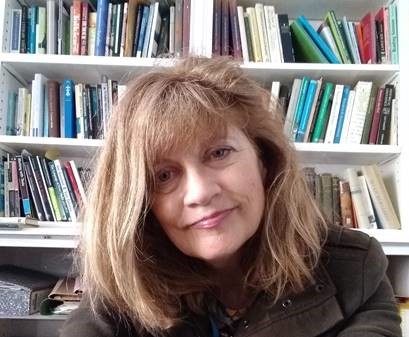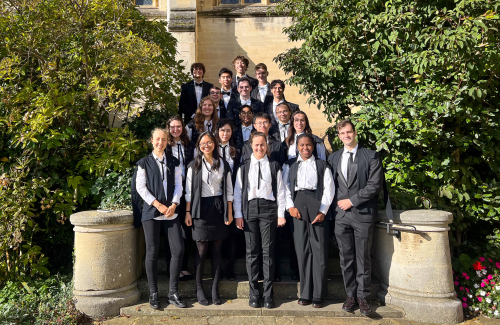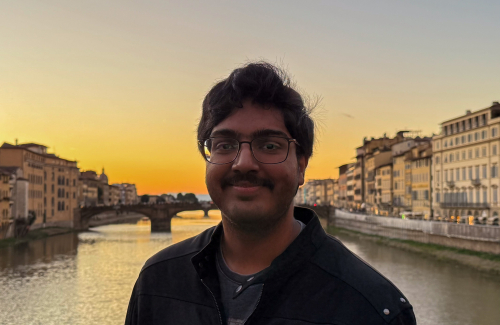More Pembroke news
The Text Behind the Text: Pembroke Fellow to Speak at Event on "Forgotten Editor" of the Oxford English Dictionary
NEWS |
How do you make a dictionary? How do you describe how a language is used, but also indicate how it should be used?
These are the questions at stake behind the initial edition of the Oxford English Dictionary, which began publication in 1884, edited by James Murray. However, within a few years, there was a second editor behind the Dictionary, Henry Bradley, frequently overshadowed in discussions of the Dictionary’s gestation. With the help of the newly-discovered Editors’ Proofs (and Bradley’s hand-written and last-minute changes), an event on 17th November seeks to remedy this neglect, with talks from a variety of academics on the life and work of Bradley and his contribution to the first edition of the dictionary which remains at the forefront of lexicography today.
Professor Lynda Mugglestone, Professor of the History of English and Tutor in English Language and Literature at Pembroke, will be among those speaking at the event. Prof. Mugglestone sat down with us to discuss her talk, titled “‘The Making of English’: Bradley, the OED, and the Text Behind the Text”, which will focus on her work on Bradley’s proofs, a recent discovery at the Bodleian Library.
“I came across [the proofs] accidentally while looking for something completely different,” she shared. The proofs, previously thought to have been destroyed, will open out the Dictionary into a “much more human interface”, displaying all of the crossings-out, edits and second thoughts on what often seems a fixed and static text. In keeping with this idea, Prof. Mugglestone emphasised that her talk will “look behind the print text” to see the dictionary as open to re-interpretation, exploring the tension between the apparently unchangeable print text and this new evidence of the “human decisions” that lie behind it.
“The first edition of the OED was, popularly, always “Murray’s dictionary”,” Prof. Mugglestone added, stressing that this event will highlight Bradley and his “extraordinary trajectory”, from “complete obscurity” as a clerk in a cutlery firm in Sheffield, “to a great man of letters.” Remembering Bradley as a significant figure in lexicography is important for precisely this reason, as these proofs allow us to explore the person behind what can often be such an impersonal text, as well as the challenges and sheer difficulty of making a dictionary such as the OED in a pre-digital age.
Prof. Mugglestone is not the only Pembrokian involved in the research behind this event, though. “It’s a bit of a Pembroke project,” she shared, adding that a number of her third-year students had been involved in the work on the proofs.
The event will take place at the Weston Library from 3-5.30 pm on Friday 17th November, and is free to attend, although registration is required. The talks will be followed by a drinks reception.
For more information and to register, please see the event listing here.


